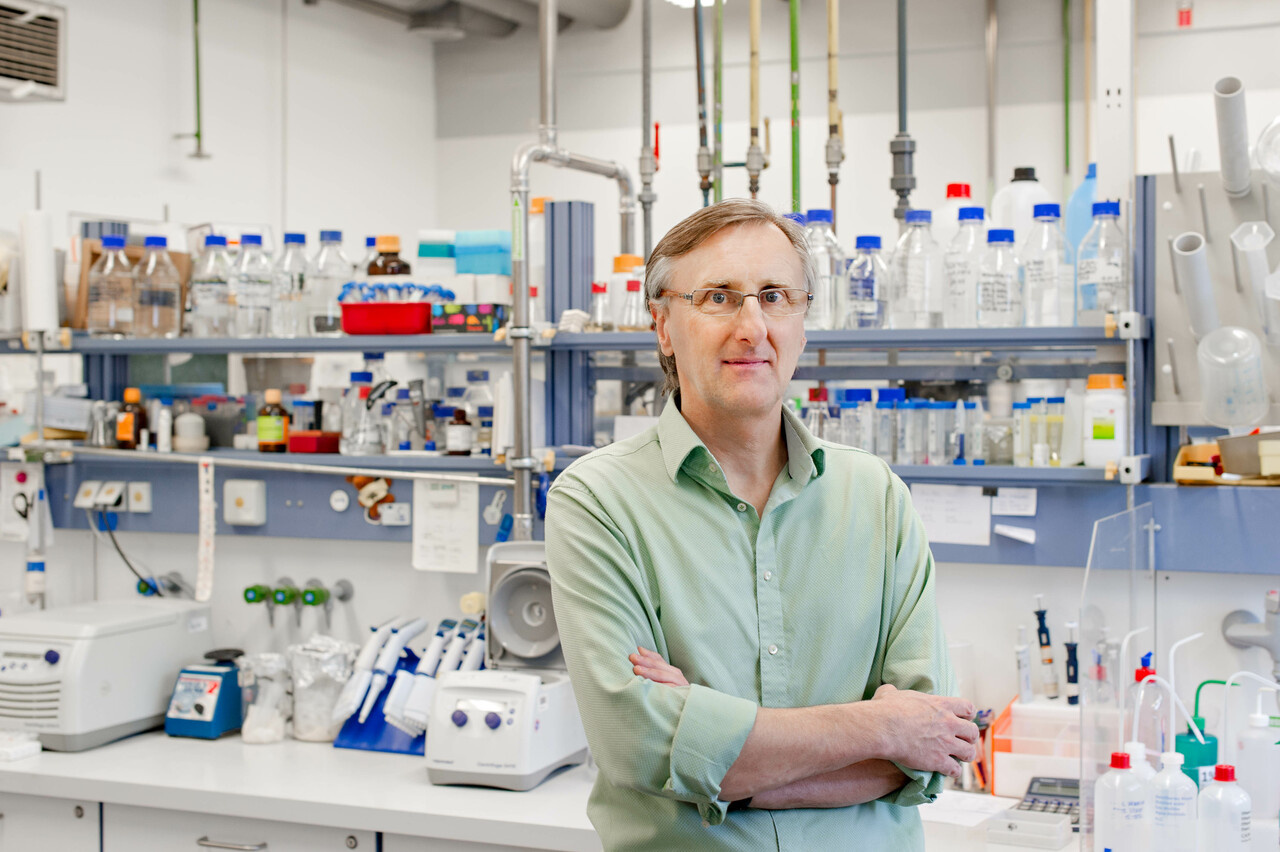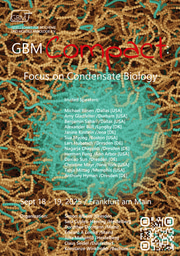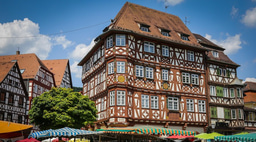Otto Warburg Medal 2024 goes to Johannes Buchner

Since 1963, the German Society for Biochemistry and Molecular Biology (GBM) has awarded the Otto Warburg Medal to outstanding natural scientists for their lifetime achievements in science. Prof. Dr. Johannes Buchner of the Technical University of Munich has been selected as the recipient of the Otto Warburg Medal 2024. The award ceremony will take place during the 75th Mosbacher Kolloquium of the GBM on Friday, March 22, 2024.
The Otto Warburg Medal is considered one of the highest awards in the fields of biochemistry and molecular biology in Germany. Since 1963, it has been awarded once a year by the German Society for Biochemistry and Molecular Biology to deserving bioscientists. The laureates include numerous Nobel Prize winners, such as Emmanuelle Charpentier, Randy Schekman, James Rothman or Kurt Wüthrich.
Johannes Buchner's work
Johannes Buchner is one of the world's leading researchers in the field of protein structure formation, a central topic in biochemistry and cell biology. He is a pioneer in the discovery and study of molecular chaperones and has contributed decisively to progress in this field.
Over more than two decades, Johannes Buchner has made fundamental contributions to the understanding of the mechanisms by which molecular chaperones, also known as cellular machines of protein folding, mediate protein folding and conformational regulation. His pioneering biophysical studies, often combined with in vivo analyses, are cornerstones of the chaperone literature and have profoundly shaped the understanding of protein folding in the cell.
The focus of Buchner's research is on two specific classes of molecular chaperones of major biological and medical importance, the Hsp90 multichaperone system and the so-called small heat shock proteins (sHsps). Johannes Buchner is an internationally recognized expert in both fields.
In addition, he has deciphered the cellular quality control mechanisms involved in antibody folding and assembly in a series of seminal publications and defined the interactions of antibody molecules with the chaperone BiP. His findings are also of great importance for the production of therapeutic antibodies.
Johannes Buchner studied biology at the University of Regensburg and completed his doctoral thesis under Professor Rainer Rudolph. He then worked as a postdoctoral fellow with Professor Ira Pastan at the National Cancer Institute of the NIH in Bethesda, USA. He returned to Regensburg as a group leader at the institute of Professor Rainer Jaenicke and dedicated his own research group to the analysis of chaperone mechanisms. After a few years, he was appointed to chairs at the Hannover Medical School and the Technical University of Munich, where he has been working since 1998.
Johannes Buchner is a member of the National Academy of Sciences Leopoldina, the Bavarian Academy of Sciences, the European Molecular Biology Organization (EMBO), and the Editorial Board of Science. He is also the Chair of the FEBS Publications Committee.
Top photo provided by GBM.



Join the FEBS Network today
Joining the FEBS Network’s molecular life sciences community enables you to access special content on the site, present your profile, 'follow' contributors, 'comment' on and 'like' content, post your own content, and set up a tailored email digest for updates.